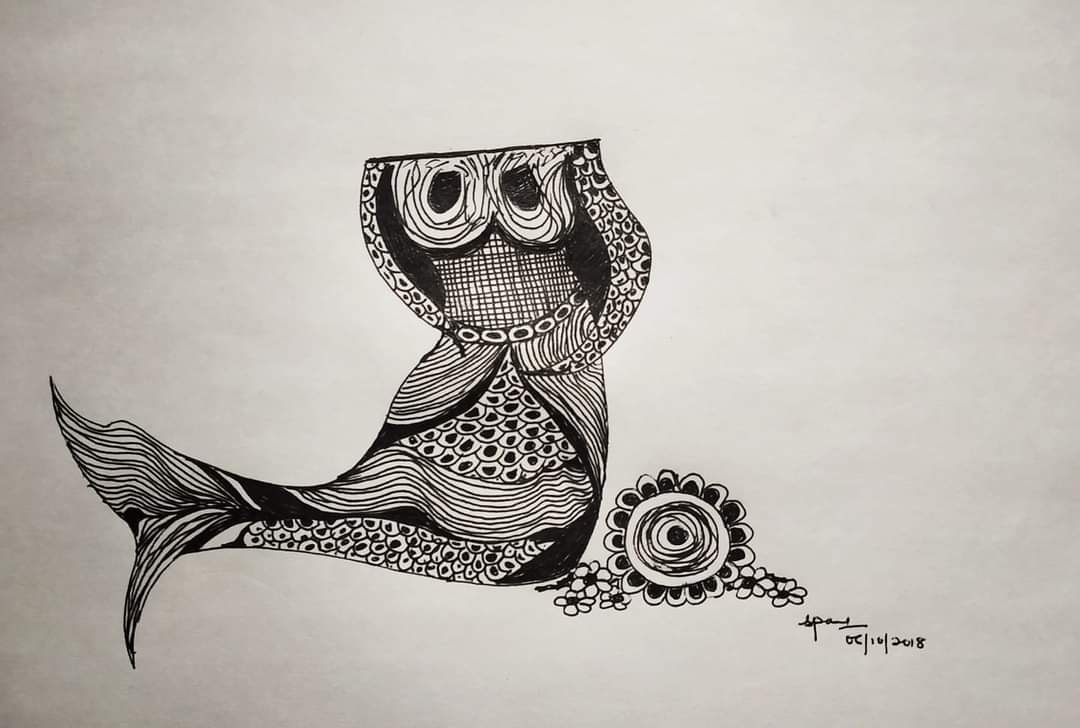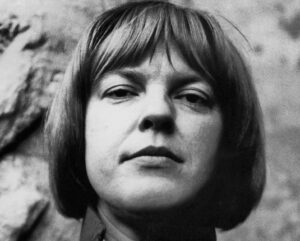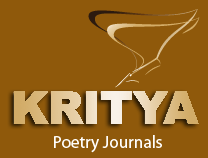
Our Master

 A HISTORICAL FEMALE POET FROM POST- WAR AUSTRIA
A HISTORICAL FEMALE POET FROM POST- WAR AUSTRIA
Ingeborg Bachmann
EVERY DAY
War is not declared anymore,
but continued. The Unprecedented
has become usual. The hero
evades the battle. The weak
are moved into the firing line.
The uniform of the day is patience,
the highest medal – the shabby star
of hope pinned above the heart.
It’s awarded
when nothing more happens,
when the explosion falls silent,
when the enemy has become invisible
and the shadow of unending armament
darkens the sky.
It’s awarded
for deserting the flag,
for courage in the face of the friend,
for the disclosure of unworthy secrets
and the disrespect
of every command.
THE DEFERRED TIME
Difficult days are approaching.
The deferred time
is emerging on the horizon.
Soon you have to lace up your shoes
and drive the hounds back to the marshland farmyards.
For now the guts of fish
have chilled in the wind.
The lupins’ light is burning feebly.
Your gaze traces through the fog:
The deferred time
is emerging on the horizon.
Over there your beloved sinks into the sand;
it rises to her wavering hair,
it shouts her down,
it orders her to be silent,
it finds her mortal
and ready to leave
after every embrace.
Don’t look around.
Lace up your shoes.
Chase back the hounds.
Throw the fish back into the sea.
Snuff the lupins out!
Harder days are approaching.
AFTER THIS FLOOD
After this Flood
I want the dove
and only the dove
to be saved once again.
I’d drown in this sea!
If it didn’t fly off,
if it didn’t bring back,
at the last moment, the leaf.
Translated from German by Sarita Jenamani
Biographical Note:
Ingeborg Bachmann is one of the prominent poets of Austria. She was a part of the legendary literary circle known as Gruppe 47, whose members also included Ilse Aichinger, Paul Celan, Heinrich Böll, Marcel Reich-Ranicki and Günter Grass. Bachmann’s literary work focuses on themes like personal boundaries, the establishment of the truth, and the philosophy of language, the latter in the tradition of Austrian philosopher Ludwig Wittgenstein. Many of her prose works represent the struggles of women to survive and find a voice in post-war Austrian society.

